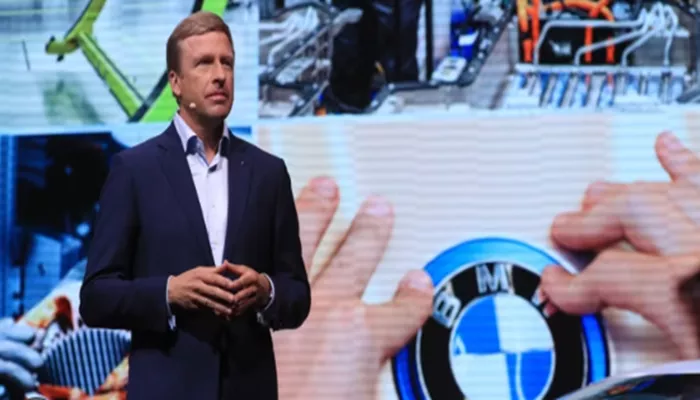Oliver Zipse, the CEO of BMW, urged European regulators to reconsider their plan to ban new fossil fuel-emitting cars by 2035, citing concerns over reliance on China for battery supplies and the need to leverage Europe’s technological capabilities. Speaking at the Paris Motor Show, Zipse highlighted a growing sentiment of pessimism in Europe’s automotive industry and called for a new regulatory framework to enhance competitiveness.
Zipse advocates for a diversified approach to automotive technology, supporting the inclusion of alternatives such as e-fuels, biofuels, and hydrogen fuel cell vehicles in future policies. He emphasized that adjusting the 100% battery electric vehicle (BEV) target for 2035 as part of a broader CO2 reduction strategy would reduce European original equipment manufacturers’ (OEMs) dependence on Chinese battery production.
In March 2023, EU countries passed a significant law mandating that all new cars must emit zero CO2 by 2035, effectively prohibiting the sale of diesel and petrol vehicles, while also requiring a 55% reduction in CO2 emissions from 2030 levels.
Major car manufacturers, including BMW, Volkswagen, and Renault, have expressed concerns about these stringent targets, requesting a relaxation or postponement of the CO2 emission goals due to the potential for substantial fines resulting from lower-than-expected electric vehicle sales.
Despite these concerns, Germany has dismissed the idea of an early review of the emission targets, emphasizing the importance of providing industry clarity and the urgent need to address climate change.
Related topic:
What Color is Gasoline When Mixed With Oil?

